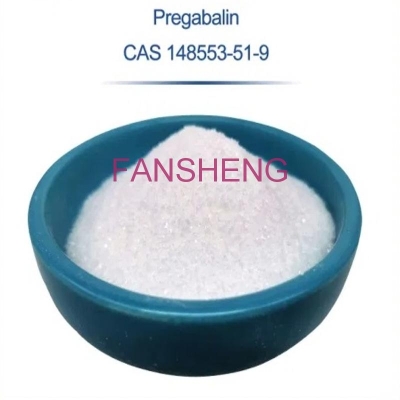-
Categories
-
Pharmaceutical Intermediates
-
Active Pharmaceutical Ingredients
-
Food Additives
- Industrial Coatings
- Agrochemicals
- Dyes and Pigments
- Surfactant
- Flavors and Fragrances
- Chemical Reagents
- Catalyst and Auxiliary
- Natural Products
- Inorganic Chemistry
-
Organic Chemistry
-
Biochemical Engineering
- Analytical Chemistry
- Cosmetic Ingredient
-
Pharmaceutical Intermediates
Promotion
ECHEMI Mall
Wholesale
Weekly Price
Exhibition
News
-
Trade Service
Green tea is one of the most commonly consumed beverages in Asia and has been widely studied for its protective effects on chronic diseases, including cardiovascular disease.
has shown that people who drink 3-5 cups of green tea a day have a 41 percent lower cardiovascular mortality rate than the average Japanese who don't drink green tea.
recent meta-analysis also reported these beneficial effects of drinking green tea.
addition, coffee is a globally popular beverage and has been studied for its potential to reduce cardiovascular event mortality or all-cause mortality, suggesting that consumption of tea and coffee may have different effects on the prognostics of patients with cardiovascular disease.
, there is no data on the relationship between green tea intake and subsequent mortality in the general population.
meta-analysis concluded that moderate coffee consumption in the general population was associated with a reduced risk of all-cause and cardiovascular mortality.
Among survivors of myocardial infarction (MI), drinking caffeination tea (including black and green tea) was associated with a reduction in cardiovascular mortality, but drinking caffeined coffee was not associated with a risk of cardiovascular events or all-in-one mortality, suggesting that drinking tea and coffee may have different prognostic effects on cardiovascular patients.
, there is no data on the link between green tea intake and subsequent mortality rates among MI survivors.
Masayuki Teramoto of Osaka University in Japan and others used data from a large long-term queue of Japanese men and women to explore the relationship between green tea and coffee consumption and all-cause mortality in people with or without a history of stroke or MI.
a total of 46,213 participants (478 stroke survivors, 1,214 MI survivors and 44,521 people without a stroke or MI history) were aged between 40 and 79 at the baseline (1988-1990), data on lifestyle, diet and medical history were collected and their mortality rates were followed up to 2009.
the multivariate risk ratio and 95% CI for all-cause mortality after adjusting for potential conferomy factors using the Cox proportional risk model.
results showed that a total of 9253 cases were included during the 18.5-year mid-level follow-up period.
the consumption of green tea was inversely inversely compared to the total cause of death among stroke or MI survivors, and the HR of 1 to 6 cups per week was 0.73 compared to non-drinkers. HR is 0.65 for 1 to 2 cups per day, 0.56 for 3 to 4 cups per day, 0.52 for 5 to 6 cups per day and 0.38 per day for those ≥7 cups per day.
similar reverse associations were observed among MI survivors, but not in people with no history of stroke or MI.
coffee consumption was inversely inversely related to the all-cause mortality rate of those without stroke or MI history, 0.86 per week for those who did not drink coffee, 0.86 for those who drank 1 cup per day and 0.82 per day for those who drank ≥2 cups per day.
corresponding HRs for MI survivors are 0.69 (0.53-0.91), 0.78 (0.55-1.10) and 0.61 (0.41-0.90).
no such association was observed among stroke survivors.
significance of this study is that it has been found that drinking green tea can improve the prognosis of stroke or MI survivors, while drinking coffee is also beneficial for people without a history of stroke or MI, as well as MI survivors.
original origin: Teramoto, M., Muraki, I., Yamagishi, K., Tamakoshi, A., samp; Iso, H. (2021). Green Tea and Coffee Consumption and All-Cause Mortality Among Persons With and Without Stroke or Myocardial Infarction. _Stroke_, STROKEAHA-120. Freeman Source: MedSci Original Copyright Notice: All text, images and audio and video materials on this website that indicate "Source: Mets Medicine" or "Source: MedSci Originals" are owned by Mets Medical and are not reproduced by any media, website or individual without authorization, and are authorized to be reproduced with the words "Source: Mets Medicine".
all reprinted articles on this website are for the purpose of transmitting more information and clearly indicate the source and author, and media or individuals who do not wish to be reproduced may contact us and we will delete them immediately.
at the same time reproduced content does not represent the position of this site.
leave a message here







